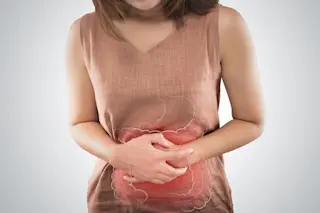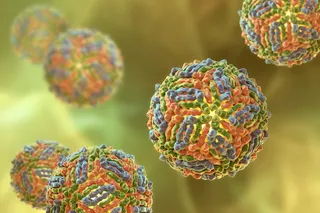Every person with a cough and fever may be asking themselves whether they have COVID-19, but research has shown that gastrointestinal problems can also be a sign of novel coronavirus infection.
In a preprint study from March 18, scientists found that nearly 20 percent of 204 COVID-19 patients from hospitals in China’s Hubei province, where the outbreak began, had gastrointestinal issues like diarrhea, in addition to fever or respiratory symptoms.
Another analysis of COVID-19 patients in Wuhan, China, shows a distinct group of people with milder respiratory symptoms who experienced diarrhea, abdominal pain or nausea, says Brennan Spiegel, a gastroenterologist and director of Cedars-Sinai Health Services Research. Spiegel co-authored the analysis — also still in the preprint stage — showing about 20 percent of a patient group had diarrhea as their first symptom of infection.
And as we get further into the current pandemic, says Spiegel, we’re learning more about ...














